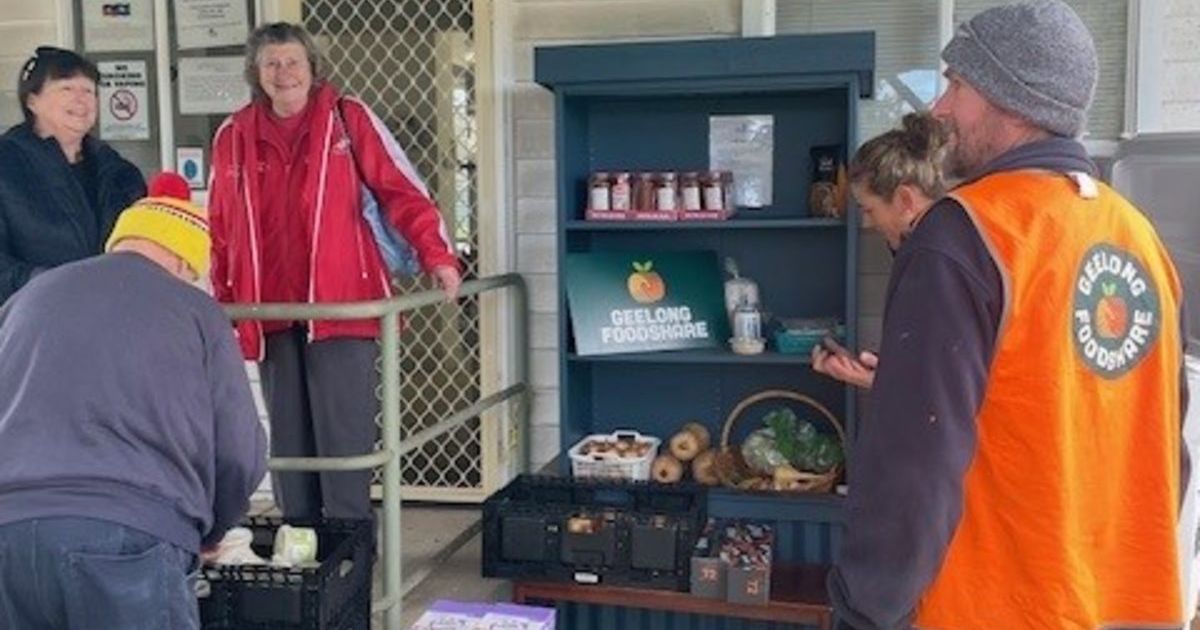From the desk of Roland Rocchiccioli – June 13, 2019
Australians throw away nearly $10 billion in food waste each year; consequently, the average Australian household loses $1050 annually
I AM able to say − hand on heart − that most certainly does not include me. I never waste food, never! I am so frugal I even scrape the jam jar − heating it in the microwave and pouring it from one container to another. I stand the empty olive oil tin upside down to make sure I get every last drop. Food costs money!
If a purchase is not up to standard I stomp back to the supermarket and demand a refund; or in the case of ALDI, I send a terse email of complaint. One has to be careful buying their package meat. The hidden underside does not always match the carefully dressed topside.
The argument is simple: If one were 50c short at the check-out you would have to put something back on shelf.
Why should we pay for meat that is badly dressed? The leaving of excess fat, and the including of scrag-ends, increases their profit margin. Gravy beef is a particular favourite for increased profit. Curiously, there was a time when the Australian palate considered it an inferior meat and the butcher could not give-it-away. It was the European immigrant who made it popular. My father cooked it in a vegetable and bean soup, then ate it with mashed potato and green beans.
It was one of my favourites.
The sister of someone whom I met recently is an environmental scientist.
She skip-dives at supermarkets and has not shopped for years. The amount of food wasted because of the ridiculous use-by-date is obscene.
I do not, nor have I ever, subscribed to the notion. The milk smells and tastes when it’s on the turn!
Regularly, I shop at NQR. Top international brands are one-third of the regular price. To have an expiry date on a fruit cake, or a Christmas pudding, is a nonsense. Everyone knows they mature − the older, the better! Recently, I used the last of a tube of ointment which was bought by my late mother, Beria. The expiry date was 07/1985.
A 2017 RaboDirect Financial Health Barometer survey (2300 people between 16 and 65) revealed that more than three-quarters of Australians care about reducing food waste. Victoria and New South Wales are the key waste-offenders with an average disposal of 19-percent and 16-percent. Overall, urban areas and cities waste around 6 per cent more food than rural areas.
Our society has become so ridiculously precious, our delicate sensibilities so refined, that we are offended by the sight of, and are forced to reject, ‘ugly’ fruit and vegetables. Please, get a ***** life!
If you think about the eating and digestive process you will realise a few marks on the produce is not going to make any difference to what happens, ultimately, to everything you eat. It turns to poo! Furthermore, do not put your vegetable scraps in the bin. It creates methane gas. Build a compost heap, or, as I do, just throw them into the garden. They breakdown and attract earthworms which enrich the soil and make for a better garden bed.
SecondBite, founded in 2005 by Ian and Simone Carson, redistributes surplus fresh food to national community food programmes which support people in need. The food is donated by farmers, wholesalers, markets, supermarkets, caterers, and events. Every year around 3.6-million Australians cannot afford the cost of enough food to feed themselves, or their families. For more one million of these people, it is a regular occurrence. While the reasons are complicated, the reality is not: we throw away good food while people go hungry. That doesn’t make sense.
Stop wasting food!
Roland can be heard every Monday morning – 10.30 – on radio 3BA and you can contact him via [email protected].



















